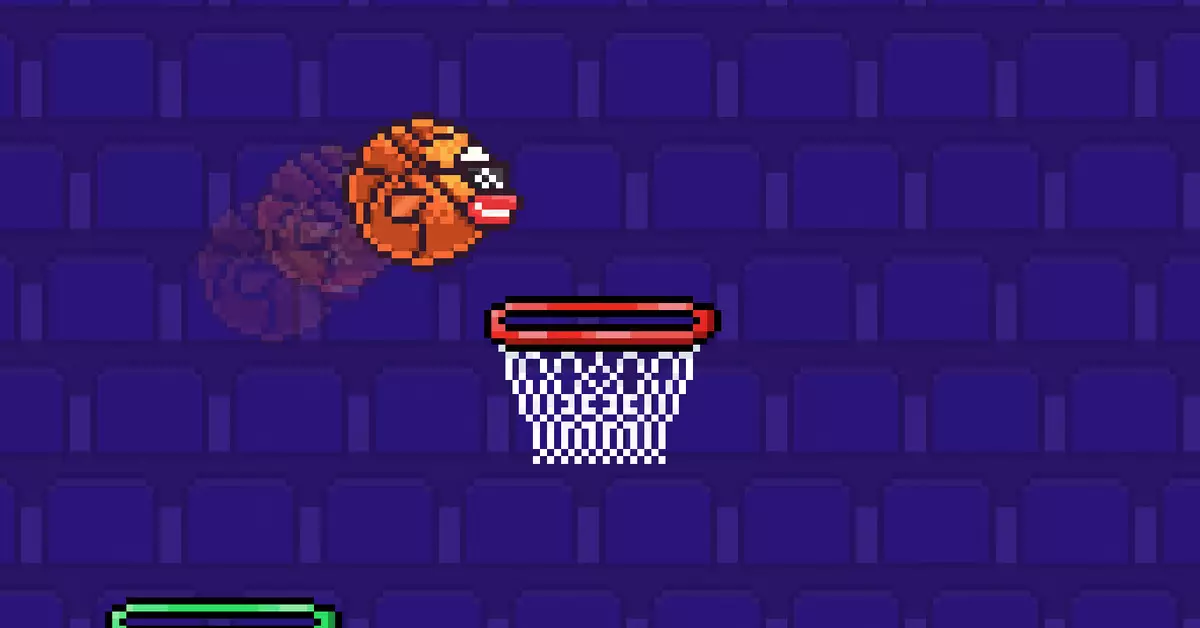Last week, a wave of excitement swept across the mobile gaming community with the announcement of a relaunch of the iconic game Flappy Bird. However, the recent news has not been without its complications. The Flappy Bird Foundation portrayed this revival as a nostalgic return of one of the most-loved mobile games of all time. Yet, at the center of this whirlwind is Dong Nguyen, the original creator of Flappy Bird, who has made it clear that he is not part of this revival, calling into question the legitimacy and intentions behind the foundation.
The complexities surrounding the rights to Flappy Bird are as convoluted as they are intriguing. Nguyen publicly stated on social media that he did not sell any rights related to his creation. Meanwhile, the Flappy Bird Foundation claimed it acquired these rights from Gametech Holdings, LLC—a company that has pursued the Flappy Bird trademark aggressively. It raises eyebrows, as Nguyen’s original trademark claim was deemed abandoned by the US Patent and Trademark Office just this past January. Gametech’s actions against Nguyen’s trademark appear to have been strategic, taking advantage of his absence from the gaming scene since he removed Flappy Bird from app stores nearly ten years ago.
The announcement by the Flappy Bird Foundation leans heavily into nostalgia, showcasing the game’s meteoric rise to fame and its sudden disappearance in 2013. In promotional content, they boldly state that “In 2024, Flappy Bird will fly again,” but it blurs the lines of authenticity when the original creator’s involvement is strictly absent. Does this strategy reflect a genuine love for the game, or is it merely a ploy to capitalize on the legacy Nguyen built? By invoking the memories of the original fans while sidelining the creator himself, the foundation raises questions about ethical practices in gaming.
Adding another layer to this story is the potential integration of blockchain technology into the new rendition of Flappy Bird. Cybersecurity analyst Varun Biniwale discovered that the game may launch with features tied to the decentralized web. Although pages regarding this aspect seem to have been retracted from the official website, references to Flappy Bird’s venture into web 3.0 hint at an interactive experience that includes building and staking—a far cry from the simple yet addictive mechanics of the original game. This pivot towards cryptocurrency could polarize old fans and new players alike, inviting skepticism about the authenticity of its essence.
As the Flappy Bird Foundation prepares for the game’s release on iOS and Android, it remains to be seen how the community will respond. Will players embrace this new version, or will they mourn the legacy of a title that defined mobile gaming in its prime? The absence of Nguyen’s direct involvement casts a long shadow over the excitement, making it difficult to gauge whether this revival will soar or plummet into obscurity once more. What is clear, however, is that the gaming world is watching closely as this saga unfolds, filling each nostalgiac moment with apprehension rooted in ownership and authenticity.


Leave a Reply
You must be logged in to post a comment.